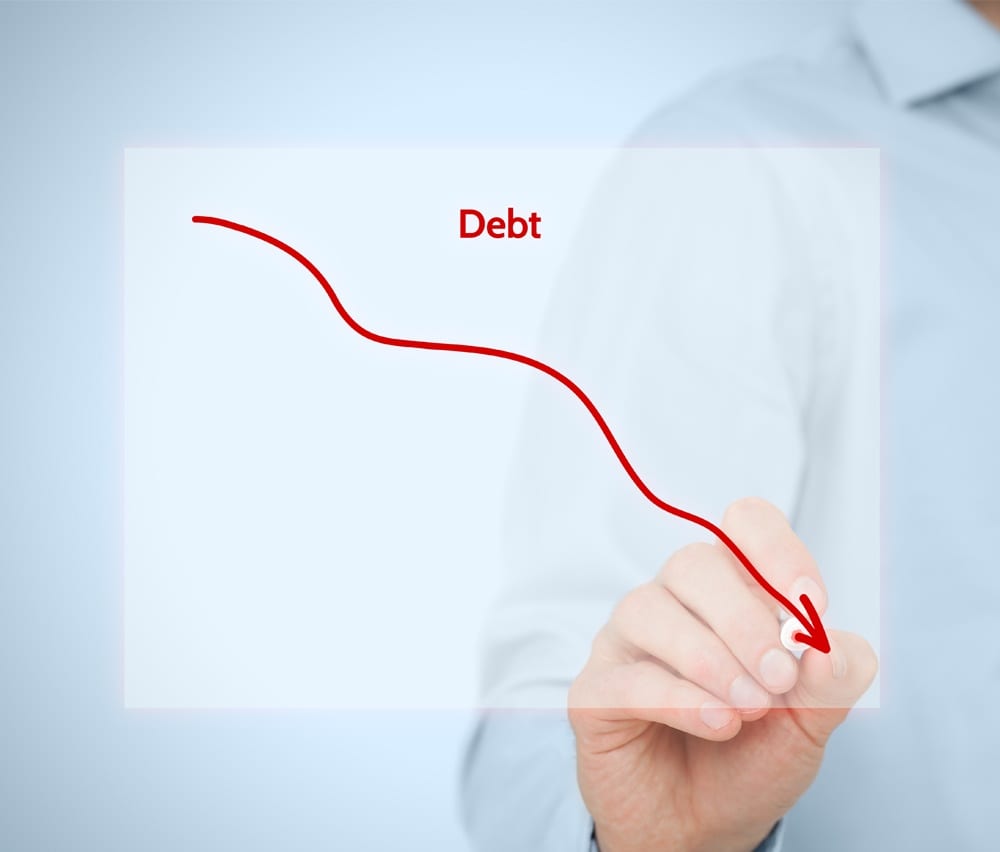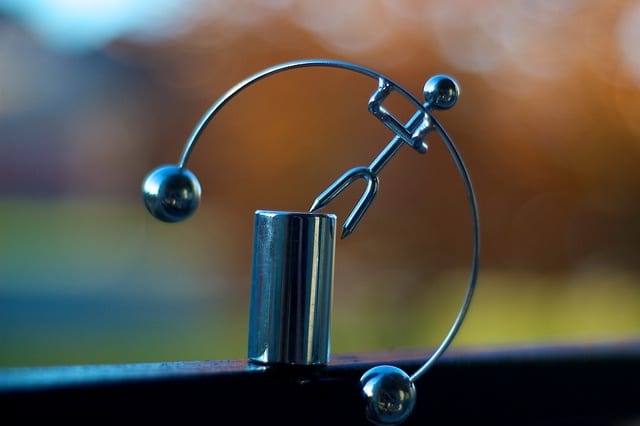A few weeks ago, I was looking over previous years’ tax returns with a view to preparing for this year’s taxes (I expect a refund). Those numbers never seemed that big and significant before but now, with a more modest income, it finally hit me how much money I once brought home each week. You see, I have been lamenting a recent change in career which resulted in a significant pay cut, further resulting in significant debt and a serious lifestyle change. This realization, combined with my new reserved lifestyle, was actually quite upsetting. It meant that I spent it all. It meant that, while I had arguably been considered “rich”, I had no wealth. This meant that I had let ten years of great opportunity to establish wealth pass by in favour of designer clothes, a big house, a couple of Mercedes’, a BMW, extravagant vacations, big parties, plasma TVs, and the list goes on. I had, in fact, blown almost $500,000 in four short years.
Now, I do take some comfort in my new ability to live conservatively and happily. My assets are minimal, with the bulk having been sold to cover my debts, and I’m learning new ways to save money from day-to-day and, more importantly, I am overcoming my desires to “display” apparent wealth through material items. In fact, I have two new mantras – “less is more” and “quality over quantity”. The problem with money, however, like food with an over-eater, is that you still need to make it, spend it and deal with it on a daily basis. And, while that old adage may ring true that money does not buy happiness, it does certainly help deflect misery. An alcoholic can, at least, cut his or her addiction completely from their body.
Wealth vs. Riches
To learn to deal with money, I have been trying to accept the different between being rich and being wealthy. Being rich is easy – it means having the means to acquire whatever you want, when you want it. It ends there. I was no longer rich and that has ended too. Being wealthy, on the other hand, incorporates a whole lot more.
True wealth, first of all, is a culmination of daily love, respect, good living, laughter, joy, contentment and, yes, money. And each one of these areas is a separate component of wealth and complicated in their own unique ways. For example, do you both love and feel loved each day? Are you respected by others and do you show others respect?
Money is no different. It much be treated severally and seriously. The purpose of money is to provide the means to acquire the necessities of life, to alleviate the stress of providing for ourselves and our family, and to create a financial foundation which can be passed along from generation to generation. Does your money help to alleviate your worries? Are you successfully working towards this end? Money does not cure all ills, but it plays an important role in creating an environment in which your mind can turn to practical solutions for them. Therefore, money does play an essential role in acquiring true wealth.
So how can a population, so visibly concerned with outlandish displays of their riches, turn their mind to turning their money into a real element of wealth?
Steps to Creating Wealth
Remember my mantras, “less is more” and “quality over quantity?” It sounds really silly and, probably self-fulfilling anyhow, but once I thought long and hard about what I had done to myself…I become quite frightened of slipping back into old habits. What I didn’t like about my old lifestyle had become a question I thought of daily. Mostly, I just felt bogged down by my possessions, physically, emotionally and financially. Here are the steps I have taken or am taking to creating wealth:
- Minimize – keep consumer debt to a minimum or non-existent; think long and hard about what you need (vs. what you want) to make you happy; look for alternative options (repair vs. replace); treat your inanimate possessions with care and value them to get the most return from them;
- Learn the difference between need and want – (for example, do you really need a new car or are you looking for reasons to get one because you want one?)
- Spend extra money on quality – quality items that are taken care of can last a significantly long time.
- Pay cash for everything – consumer credit has, unfortunately, earned a rightful place in our society, but learning when to utilize it responsibility is not a skill that most people have honed. Keep consumer debt limited to necessary and big-ticket items – most obviously a house and unexpected repairs – and keep it clear and available for unanticipated expenses or those for which you have not had adequate time to prepare for – such as the funeral of a loved one, a law suit, etc.
- Spend less than you earn – this is a really difficult concept to understand. Most people, and until recently myself included, do not fully appreciate how much they rely on their credit as part of their income. The end result is that many people actually suffer a large deficit in spending each month – charge a few new outfits ($500), weekly dinners out ($400), a movie for two ($50), order pizza ($50) – that’s one thousand dollars you need to bring home each month on top of your regular bills and expenses. That is a substantial amount of disposable income on items that may or may not be part of your budget.
- Keep track of money – but don’t become too obsessed. Money comes and goes, so get used to it. But, you can do your part to keep it from waving good bye.
- Set goals – life is in the details and, by no means, should some luxuries and experiences be forfeited but understanding the ones that you value personally goes a long way. Set a goal for these items such as an amount, a date and a regimen to reaching your goal. A soupcon of sacrifice makes the rewards even sweeter.
- Pay on time – getting on track and staying on track sometimes means sacrifice, but saves an enormous amount of money in late fees and interest. Once you have established that you can stay on track, it will no longer involve sacrifice.
- Give – give generously of your time, talents and money. This is important because people remember your generosity and return it one day.
- Learn to ask for help and learn to graciously accept it. Other people have time and talent to share – from physically demanding or how-to jobs around the house to teaching you to stick to a budget.
- Learn things for yourself – helping yourself is the most rewarding return on investment there is so learn some things, be open minded about financial planning and budgeting and look for ways to make your knowledge save you money.
Focus on being wealthy and wise, of developing a total wealth package for your life. Typical financial advice is only one portion of true wealth accumulation that must be considered in conjunction with healthy values and attitudes towards yourself, others and the role money plays in contributing towards total wealth. Ignoring money matters is a poor decision but keep money in perspective and you will be rewarded with peace of mind, better health and greater security.







